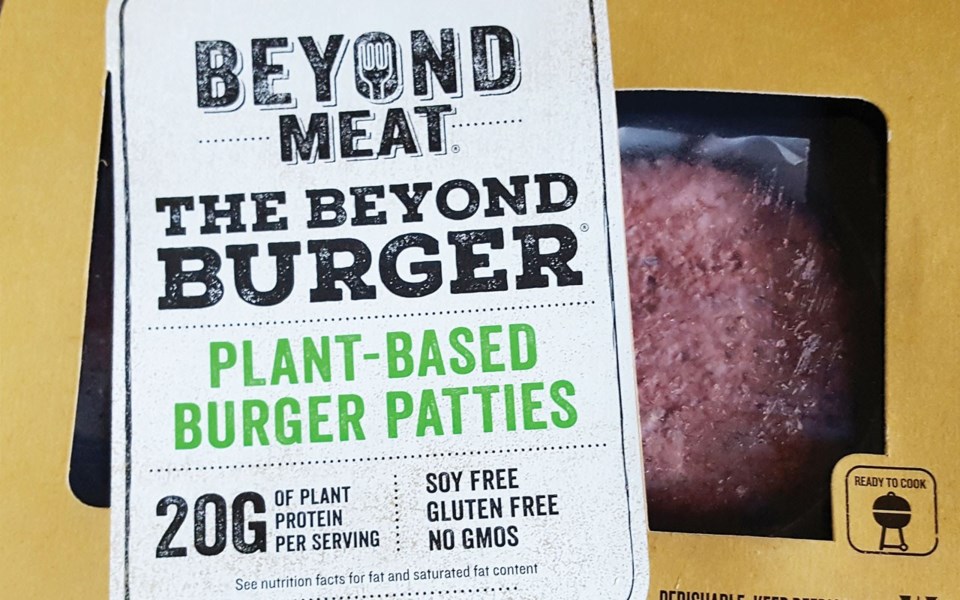With nearly one in five Canadians either restricting meat or eliminating it altogether, the nation's food-service industry has been slowly adapting to shifting dietary preferences. According to a new report out of Dalhousie University, that means an increasing emphasis on flexitarians, not, as you might suspect, vegetarians or vegans.
"It's because of two reasons," explained Dr. Sylvain Charlebois, professor in food distribution and policy at the Halifax school. "One, flexitarians are a significant market. And secondly, I would say it's an easy target. (Flexitarians are) a bit of a bridge between the conventional market and a market that has always been considered marginal.
"You can actually make links between different types of dietary preferences."
More than 3.5 million Canadians consider themselves flexitarians, also known as "conscious carnivores," who have decided to limit their meat consumption for a variety of reasons. For some, it's an ethical choice made for environmental and/or animal-welfare reasons. For others, it might be a way to improved their diet or save a few bucks.
The report says that Baby Boomers make up the most significant portion of the flexitarian population, likely influenced by the dietary choices of their younger family members, who are more likely to be vegetarian or vegan.
"Many flexitarians likely have children who are vegans or vegetarians, or may have friends who are not eating meat," a summary of the report reads. "Regardless, a greater number of consumers are accepting the reality that food diversity is the new normal, especially when it comes to protein sources."
The fast-food sector is probably the slowest to adapt to this new reality, although, according to Charlebois, it is an industry that has made significant strides recently. The report highlights A&W's Beyond Burger as a prime example. Made from pea protein, the sandwich sold out just a month after its release, reportedly selling better at many of the chain's locations than A&W's signature Teen Burger. Its creator, the California-based high-tech food company Beyond Meat, has taken North American consumers by storm, and with some serious money behind it—Bill Gates, Leonardo DiCaprio and two of Twitter's founders are investors—it looks to penetrate the market even deeper in the future.
Part of the Beyond Burger's success, the report noted, is due to A&W "normalizing the offer." The 'Beyond Burger' was treated as part of the regular menu, and, at least according to consumers, tastes similar to other sandwiches on the menu. .
"It is a plant-based solution, but maybe not a healthy one," Charlebois said. "Most of the time, people that are committed to vegetarianism or veganism do look for healthy options, so that's why flexitarians may decide to be vegetarian on a part-time basis, but a product like the Beyond Burger could certainly satisfy many of the flexitarians that are walking away from (meat) on a part-time basis."
Charlebois said much of the food-service industry continues to be reluctant to market to the vegetarian or vegan full-bore, believing that the burgeoning flexitarian market is more profitable—despite the fact that vegetable proteins like lentils, chickpeas and pulses are generally cheaper than animal proteins.
"I do think there's more growth in flexitarianism than anything else. That's why the food-service industry is moving in that direction," he said.
To view the full report, visit cdn.dal.ca.




